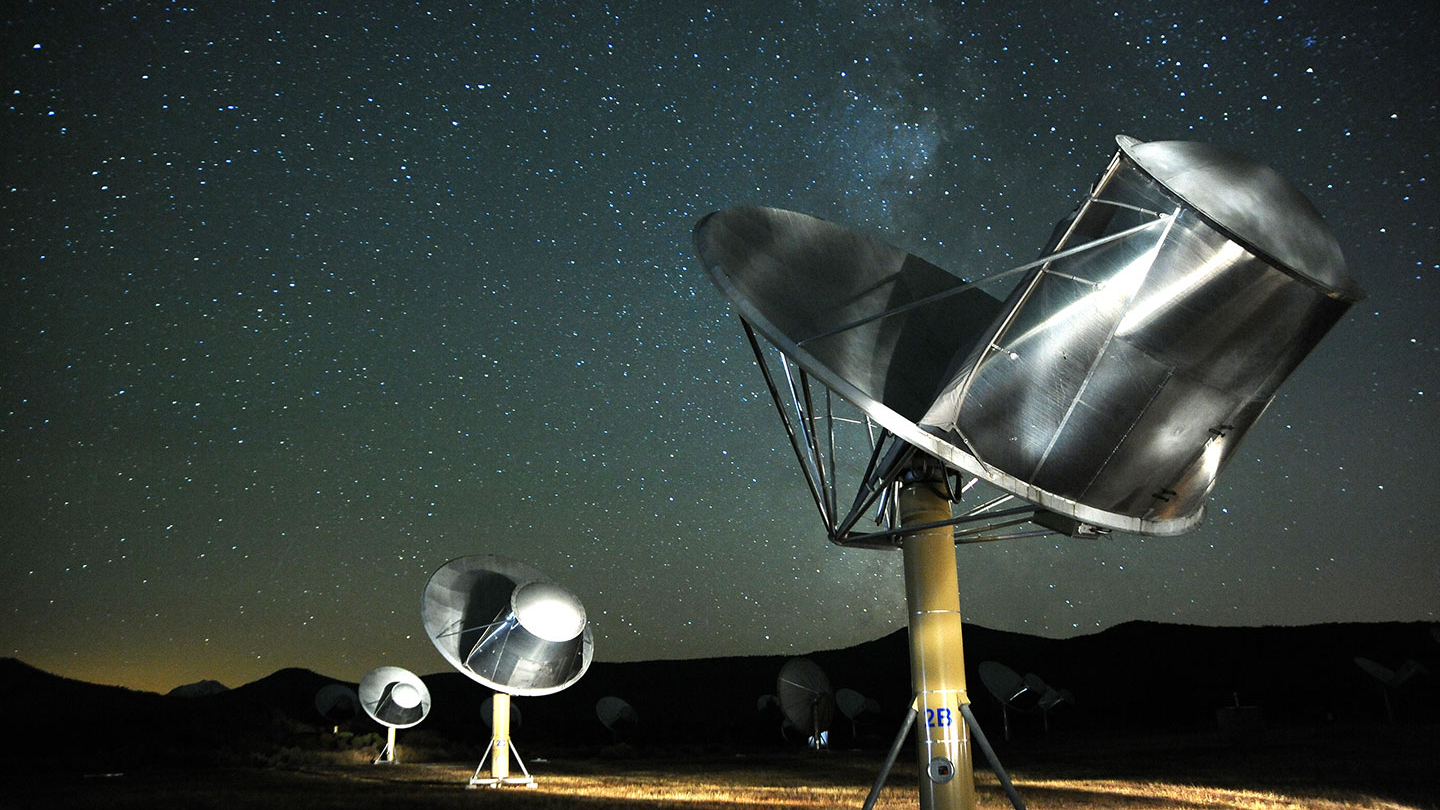
A new study calls for humanity to prepare for an encounter with extraterrestrial intelligence and examines the possible social consequences of such contact.
First of all, the consequences of first contact strongly depend on the way it takes place. The paper offers the view that first contact with alien life poses considerable risks for humanity. Additionally, a first contact event could also take place without being culturally recognized.
The intriguing new research paper is led by Andreas Anton of the Institute for Frontier Areas of Psychology and Mental Health in Freiburg, Germany.
Related: The search for alien life
Scenarios
Anton and colleagues serve up a set of scenarios:
- The signal scenario is the basis of SETI (search for extraterrestrial intelligence) programs, in which radio astronomers search for signs of alien civilizations. It assumes that radio telescopes can pick up artificial signals from the far reaches of space.
- The technosignature scenario envisions that future powerful telescopes will find evidence of past or present extraterrestrial technology.
- The artifact scenario assumes that one day, somewhere in our solar system (or even on Earth itself), we will come across the material remains — such as a space probe — of an extraterrestrial civilization.
- The encounter scenario involves the appearance of an alien spacecraft in near-Earth space that can be assumed, based on its flight maneuvers or other actions, to be controlled by intelligence, either biological or artificial.
Biological beings or artificial intelligence?
The prospect of an encounter scenario, the paper points out, raises an important question: Whether the alien technology is controlled by a biological life form or an artificial intelligence.
"A biological life form, we suspect, could potentially cause greater anxiety, as the immediate question would be what 'they' want here. It also has an inbuilt assumption that they have a relatively nearby base or have superfast travel (maybe faster than light) and would thus be very far ahead of us technologically," Anton and co-authors write in their paper.
"However, the question of whether the encounter is with a biological life form or the emissaries of a machine civilization could remain unresolved for a long time," they add.
Be prepared
The paper concludes by acknowledging that the more we know about the universe and the further we penetrate into the cosmos through our own research activities, "the more likely it is that we will be confronted with alien civilizations, their signals or their legacies."
That being the case, the researchers suggest, humanity needs to be prepared as a global society for this scenario.
"In the political sphere, the question of how to deal with this discovery and possible communication with extraterrestrial civilizations would lead to a global discourse," they write in the paper. "International cooperation would be essential to develop a unified approach to dealing with this new reality."
This research paper, titled "Meeting extraterrestrials: Scenarios of first contact from the perspective of exosociology," is available here.







